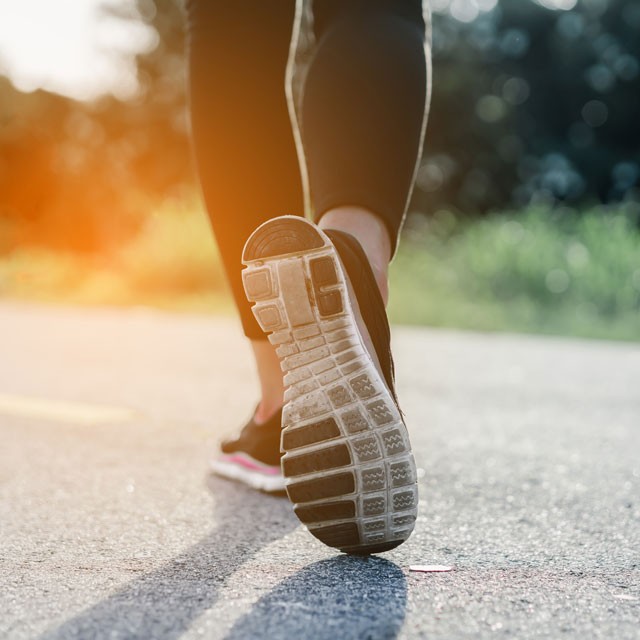Itchy legs are a common nuisance, often dismissed as a result of dry skin, allergies, or insect bites. While these are indeed frequent culprits, persistent itching, particularly in your calves and ankles, might signal a less obvious underlying issue: your veins. Surprisingly, vein problems are a significant yet often overlooked cause of itchy legs.
“It’s quite common for persistent itching in the lower legs to stem from an underlying vein issue,” explains Dr. Stephen F. Daugherty, a respected vascular disease specialist and surgeon at Vanderbilt Vascular Surgery Clarksville. This connection highlights the importance of considering venous health when seeking answers for relentless leg itching.
Unpacking Vein Problems and Leg Itch: The How and Why
Our veins are designed to efficiently circulate blood back to the heart. However, gravity presents a constant challenge, especially in the legs. This gravitational force can hinder blood flow from the lower extremities, leading to increased pressure within the leg veins. Over time, this elevated pressure can trigger a cascade of issues, including swelling, skin irritation, and that maddening itch.
“Throughout the day, gravity naturally draws blood downwards into our legs, potentially initiating a recurring cycle of swelling.”
“As the day progresses, the cumulative effect of gravity pushing blood into the lower legs can result in a subtle yet impactful daily cycle of swelling. This swelling and pressure, even if seemingly minor, can cause fluid, along with blood cells and proteins, to leak through the walls of tiny veins, irritating the surrounding skin,” Dr. Daugherty clarifies. This constant pressure and swelling stretch the skin, making it increasingly sensitive. Microscopic cracks can then develop on the skin’s surface, contributing to irritation and the persistent itching sensation in the lower legs and ankles.
Beyond the Itch: Recognizing When Leg Itching Signals a Larger Problem
“People often tend to disregard minor ankle swelling that develops throughout the day, but the persistent itch is what usually gets their attention,” notes Daugherty. Therefore, itchy legs can be an important early warning sign.
Upon closer inspection, individuals experiencing vein-related itchy legs may also observe subtle physical changes. These can include a faint pinkish rash on the lower leg or even a bluish discoloration of the toes. Additionally, the presence of varicose veins – veins that have become enlarged and twisted – might be evident.
“Scratching already irritated and swollen skin can unfortunately open the door to infection, including cellulitis, a potentially serious bacterial infection.”
While scratching may seem like a natural response to relieve the itch, it can actually exacerbate the problem and introduce further health risks. The ongoing swelling and related changes in the lower legs continue to stress and damage the skin. Furthermore, the lymphatic system, responsible for draining fluid from the legs, can become less efficient over time due to these venous issues.
“Scratching swollen and compromised skin can create breaks in the skin, making it vulnerable to infection, including a potentially serious bacterial infection known as cellulitis,” Daugherty cautions. He strongly advises that anyone experiencing persistent itching, swelling, or any unusual symptoms in their legs seek medical evaluation. “Ignoring these seemingly minor problems only allows them to worsen over time,” he emphasizes.
 Closeup of a woman's hip and leg
Closeup of a woman's hip and leg
Seeking Relief and Expert Help
Living with constant discomfort is unnecessary. The specialists at Vanderbilt Vascular Surgery Clarksville are dedicated to helping individuals with vein problems in the legs that manifest as itching, heaviness, swelling, fatigue, and sometimes even pelvic pain. Don’t let persistent itchy legs go unaddressed; exploring potential vein issues can be the first step towards finding lasting relief and ensuring your leg health.

